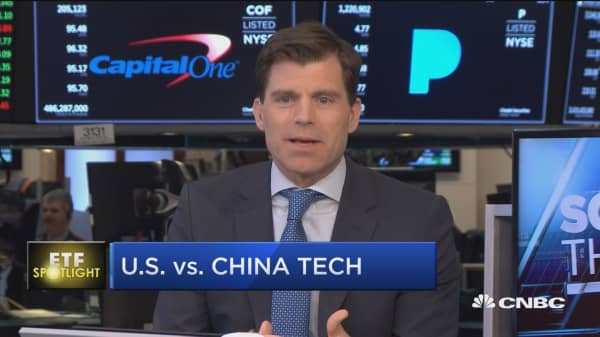Investors in the Facebook or Amazon crosshairs need to start with one question: do you own a particular stock for the very long term? If the answer is yes, then you can stop reading now. You've accepted the ups and downs that come along with being a long-term investor. Time horizon is one out of three critical objectives to take into account when developing one's overall investor profile; risk tolerance and financial goals are the other two objectives.
My holding period for individual stocks is typically two to five years, sometimes more and sometimes less — and some positions I've been holding in clients' portfolios for over a decade. But as a rule, the single-biggest mistake I see investors make is improper diversification. It's the biggest mistake because it's the cause of substantial, permanent portfolio losses. Six months from now, or a year from now, I could be proven wrong in this particular case. Facebook may still be stuck in the mud and Amazon booming. But while investors can be right on a single stock call, or just get lucky, as a general rule playing the averages is the wiser way to build and maintain wealth.
In the Facebook/Amazon example, you can argue these two stocks are in different sectors, social media and consumer discretion, respectively, but they are both viewed as tech stocks and are both widely held, as can be seen by their disproportionate representation in nearly every large cap stock index, ETF, and mutual fund. By one count, there are more than 100 ETFs with Facebook among their top holdings and more than 230 ETFs with exposure to Facebook. There are roughly the same total number of ETFs with exposure to Amazon.
Top 10 U.S. sector ETFs by performance year-to-date
























